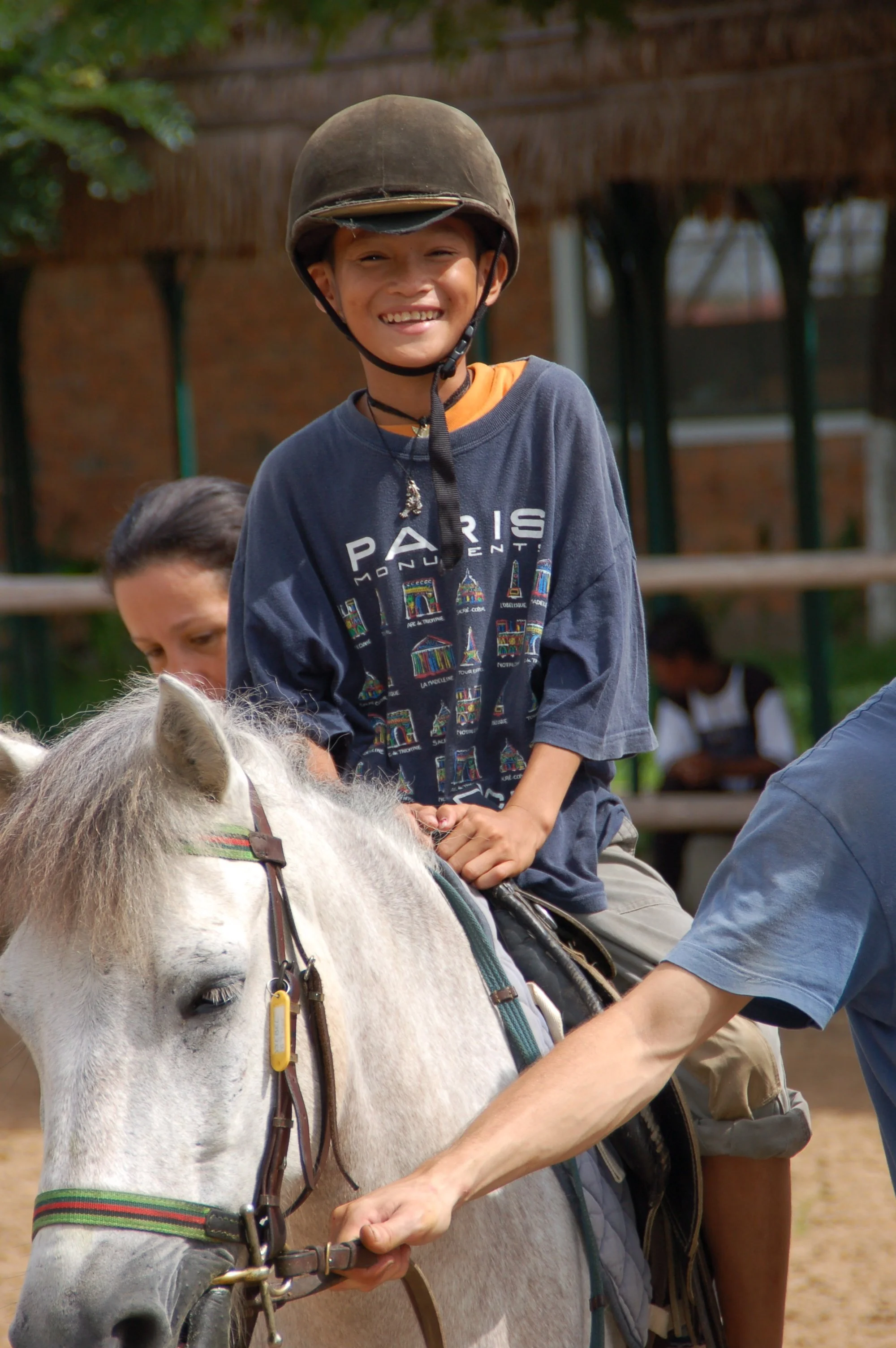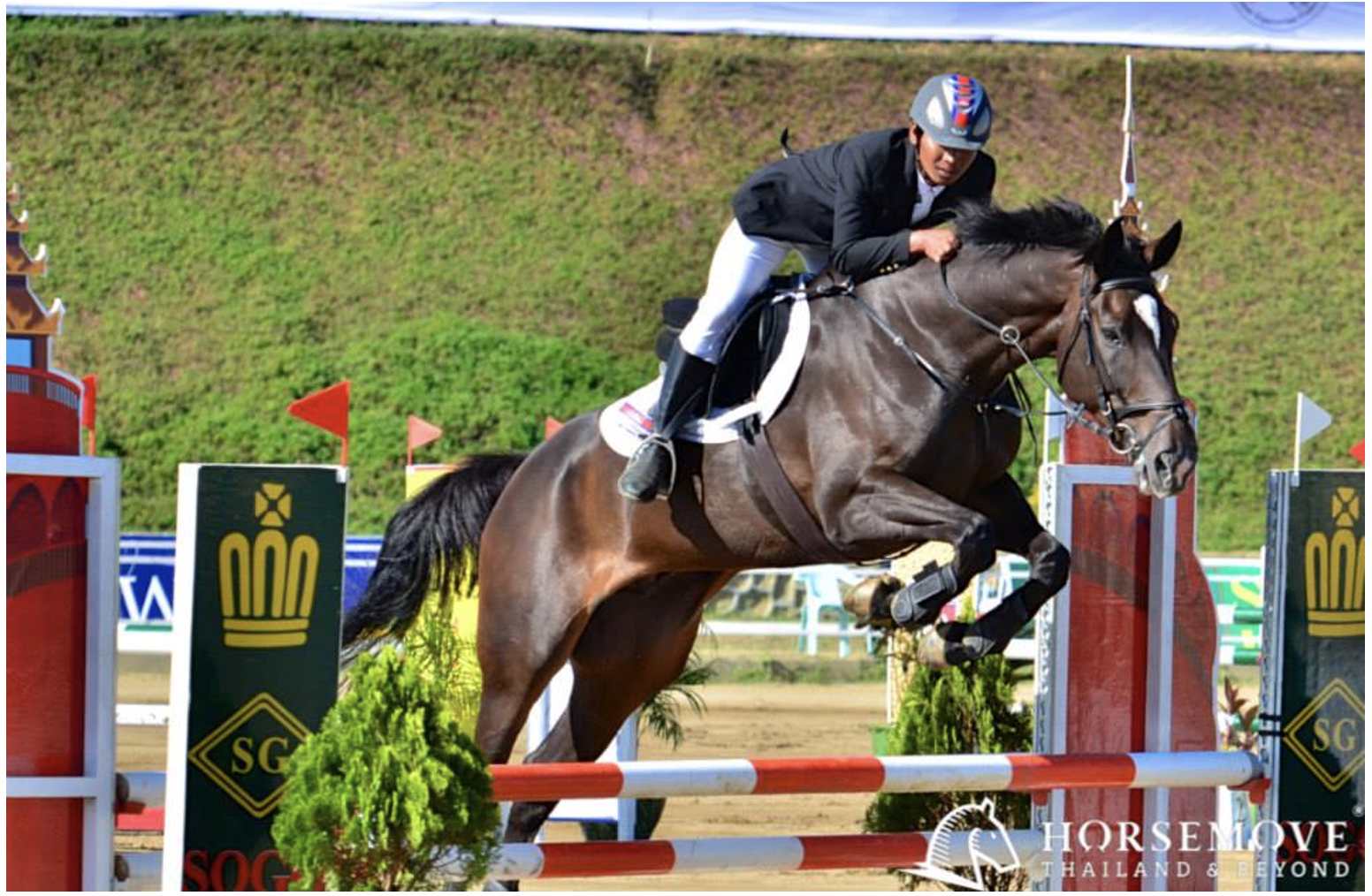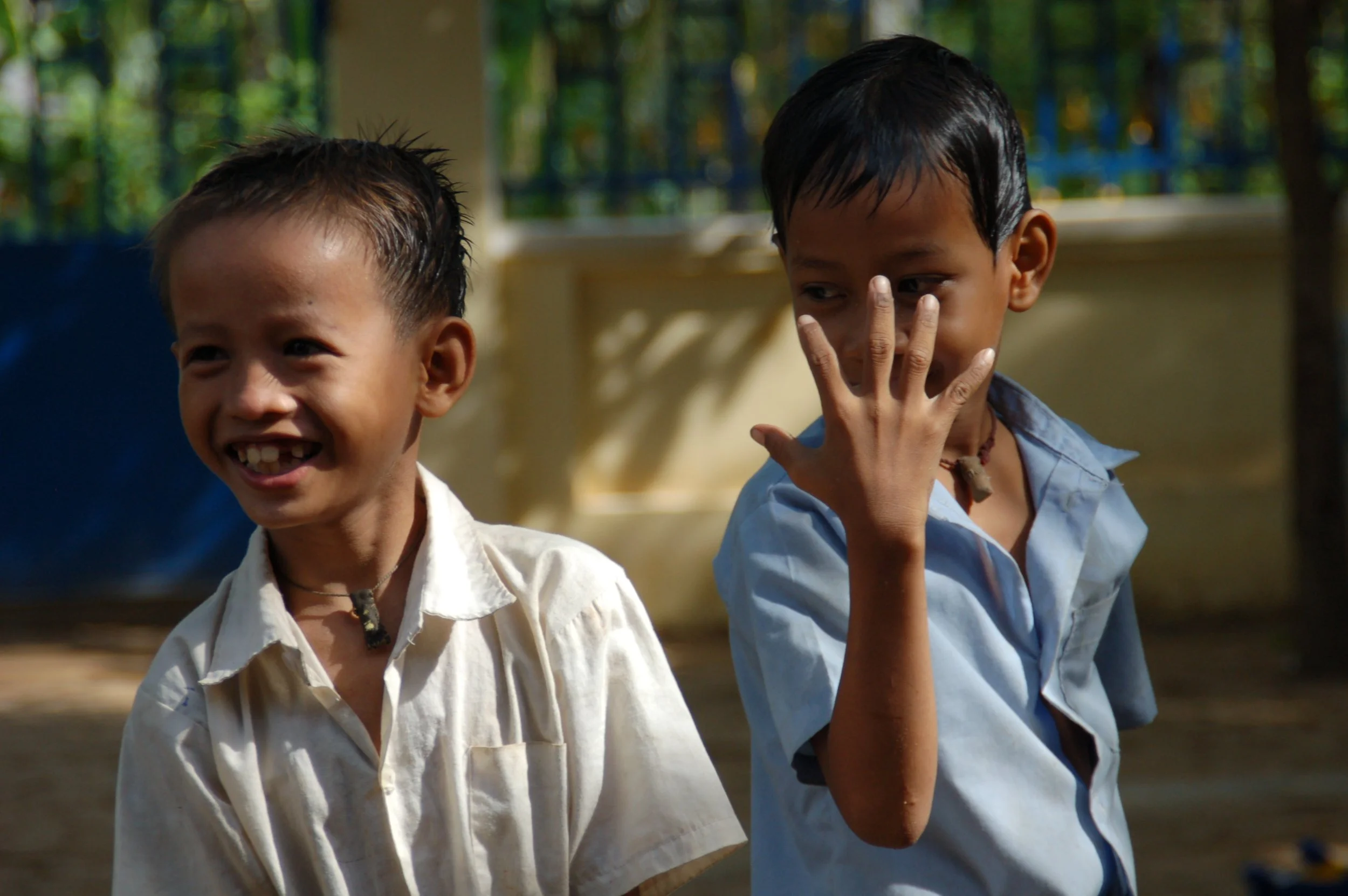
HEALING UNEQUAL ACCESS
Maddox Chivan Children’s Center
Supporting children who are infected or affected by HIV
The Need
When Angelina Jolie visited a hospital ward with TB and HIV infected adults with CHC in 2004 in Phnom Penh, there were children playing in the corner of a dismal hospital room as their father lay dying of TB and AIDS. At the time, HIV treatment for adults in Cambodia was in its infancy, and services for children were non-existent. This visit led to a partnership between her and CHC and to the creation of the Maddox Chivan Children’s Center (MCCC) dedicated to helping children infected with HIV and to help all children whose families had been decimated by AIDS. Typically, whether sick themselves, or not infected with HIV, most of the children had lost their father to AIDS, and most were living with a sick mother and younger sibling who had been infected with HIV. Most of these children were out of school and some as young as 7 or 8 years old were serving as their mother’s primary caregiver, scavenging garbage or begging for food for the family. All of the children faced stigma because of their own or their family’s HIV status.
Our Response
The Maddox Chivan Children’s Center (MCCC) was established as a daily outpatient center in Phnom Penh in 2006 to address the unmet needs of children infected with HIV who had little or no access to treatment for HIV, and, to address the unmet needs of children who were not HIV infected themselves, but had been orphaned by AIDS, or were caring for surviving sick parents often resulting in dropping out of school and living in extreme poverty.
HIV medication and medical counseling
The MCCC was one of the first sites in Cambodia to provide HIV drugs to children, and to train core pediatricians in HIV care. We chose to train physicians and nurses from the largest public hospital in Cambodia, the Khmer Soviet Friendship Hospital (KFSH), in pediatric HIV care. Working with the MCCC physician, these practitioners provided HIV care at the MCCC, in anticipation of establishing HIV pediatric medical care to KFSH in 2009 (see Sullivan Pediatric HIV Clinic). In parallel, the MCCC pioneered novel age-specific approaches to assist children in taking and adhering to HIV regimens.
The response of MCCC and the impact of interventions and the timeliness of their introduction in Cambodia are highlighted in the stories of Ye How and Sorita shown below in the pictures and accompanying text.
A key to a healthy life with HIV infection, whether as an adult or as a child, includes learning how to take lifesaving and lifelong HIV treatment. It is important to help understand their illness and how the drugs work and keep them healthy. Towards this goal, the founding director of the MCCC, Marie-Pierre Sanchez-Die, developed a pioneering age-specific medical counseling program and manual with the team
Nutritional interventions
Many of the attendees of the MCCC, especially in its early years, came from families with great food insecurity. Thus, providing food became an integral MCCC intervention from its first days. A hot lunch is provided daily (Monday through Friday) for children and any accompanying adults with a morning and afternoon snack.
I
Getting kids to grade level
In order to help the children at the MCCC catch up to grade level, so they would have opportunities in the future and not be forced into manual labor to survive as adults, educational supplementation (Khmer language, math, English, computer classes) has been a core activity of the MCCC to complement public school. Different curriculum are provided for pre-K, primary and secondary school age groups.
The MCCC has also provided enrichment opportunities to children for enjoyment and to develop new skills with instruction in horseback riding, Khmer dance, and music (piano, recorder, violin) with the NGO Recorder’s of Hope over the years. The horseback riding program that was conducted with the Cambodian Equestrian Association was not only an incredibly fun and therapeutic activity for MCCC kids, several of the children became expert equestrians, meeting the King. and traveling to ASEAN competitions throughout southeast Asia. And one rider has become a horse expert and is working at a horse club in southern Cambodia.
The MCCC provides a safe and stigma-free space for children from toddlers to teenagers to learn and be children without experiencing discrimination because of their or their family’s HIV status. Just running around the playground and/or playing soccer or badmitten with other kids who can understand you is very welcome.
In the last years, as the children have grown into teens and young adults, those who are HIV infected face the big challenge of navigating the transition to adulthood with a lifelong and contagious infection. The MCCC has been focused on developing interventions to prepare these young adults to manage this transition and their medications.
At age 8 Sorita lost her mother to AIDS and living with her grandmother. She developed a fever and was found to have advanced AIDS and was refusing to eat in the hospital in January 2008 (left panel). She was referred to the MCCC team who brought her food that she requested and she was initiated drugs for HIV at the MCCC. The middle panel shows Sorita at the MCCC 6 months later in July 2008 doing well and attending the MCCC. Stable on her HIV treatment and succeeding in her schoolwork, Sorita age 12 in 2012 is shown at the MCCC with the center’s mascot dog, Miki (right panel). Story and pictures are shared with permission.
Above are pages from the MCCC HIV Counseling manual for children. These panels are for young children where they are introduced to HIV using Miki, the MCCC mascot dog as a surrogate for the child (see above panel). Miki doesn’t feel well, and goes to see the doctor who finds a cause of the illness with a blood test. Miki then goes to the counselor to understand her illness and then to teh doctor to get treatment. The treatment medication is depicted as superheroes who will kick out the virus/sickness. The medicine allows Miki to feel better and to able to play with her friends. At the right is the MCCC counselor who will go over the manual with the child and their caregiver.
At age 6 in 2006 Ye How’s mother died of AIDS and he was hospitalized in poor condition with advanced AIDS and tuberculosis (TB) (left panel). The hospital referred him to the MCCC where he received treatment for TB and HIV and was cured of his TB, and his HIV disease was treated with HIV drugs at the MCCC. The middle panel shows Ye How in his first grade math class at the MCCC in 2007. At age 12 (right panel) learning to play the recorder at the MCCC, Ye How was stable on HIV medicines, progressing in school, and learning to play the recorder at the MCCC. Story and pictures are shared with permission.
Lunchtime at the MCCC
Marie-Pierre Sanchez-Die (middle photo), the founding director of the MCCC from 2006-2010 and Din Sokkun (right) who is the current director at the MCCC (since 2010).
Computer Class
MCCC rider Sin Narith at an international competition in Bangkok. See him also in the middle picture where he is third from the left.
Recorder (left), piano (middle) and Khmer dancing (right) classes at the MCCC, and horseback riding at the Cambodian Country Club (far right).
MCCC Riders meet King Norodom Siamoni (two teens above right next to the King)
Three of the 6 equestrians at the ASEAN Games were from the MCCC riders (above left three).
Catching up with friends in the MCCC yard
Primary School Khmer Class
Pre-School
Ye How:
Sorita:
Primary School English Class




































